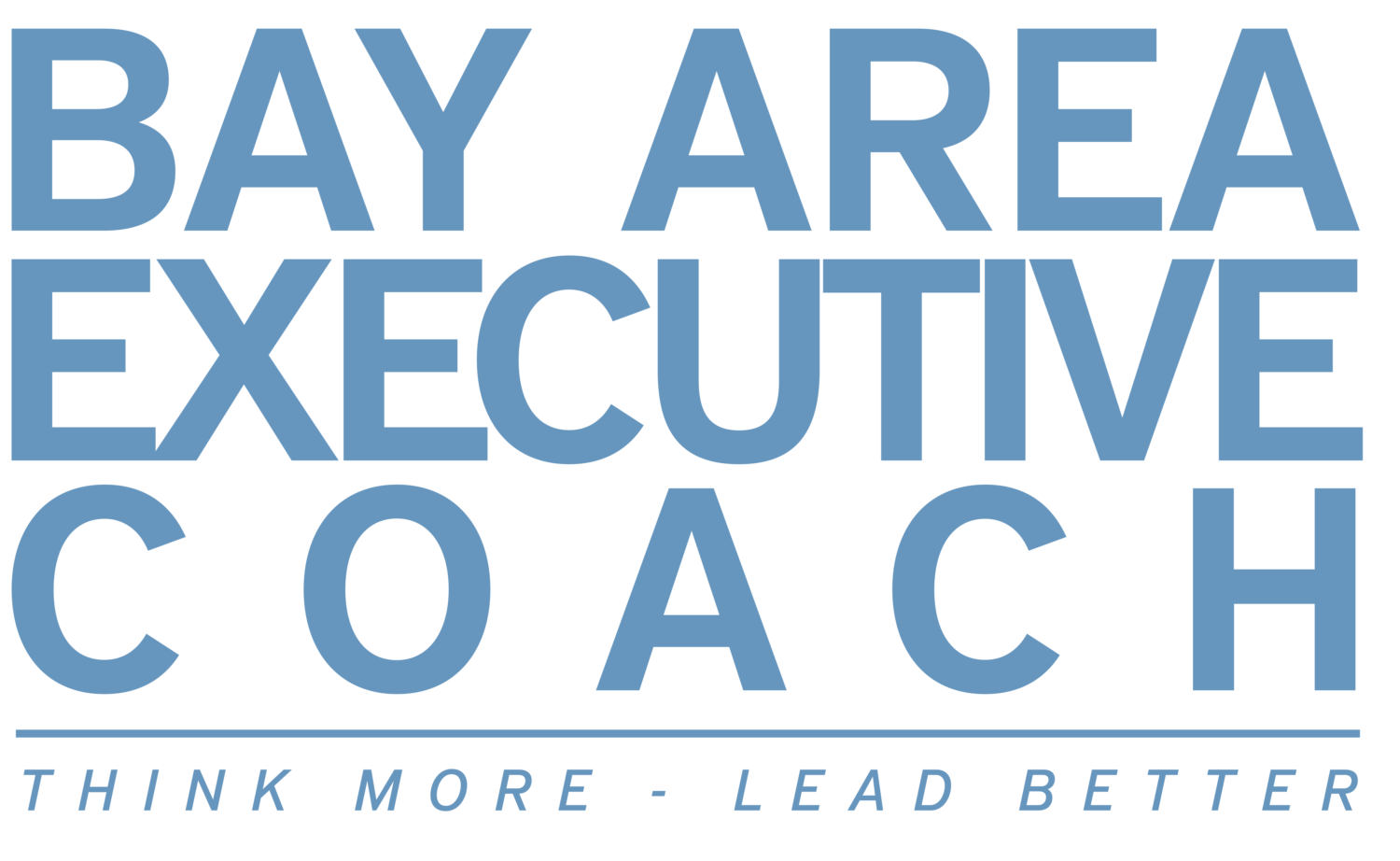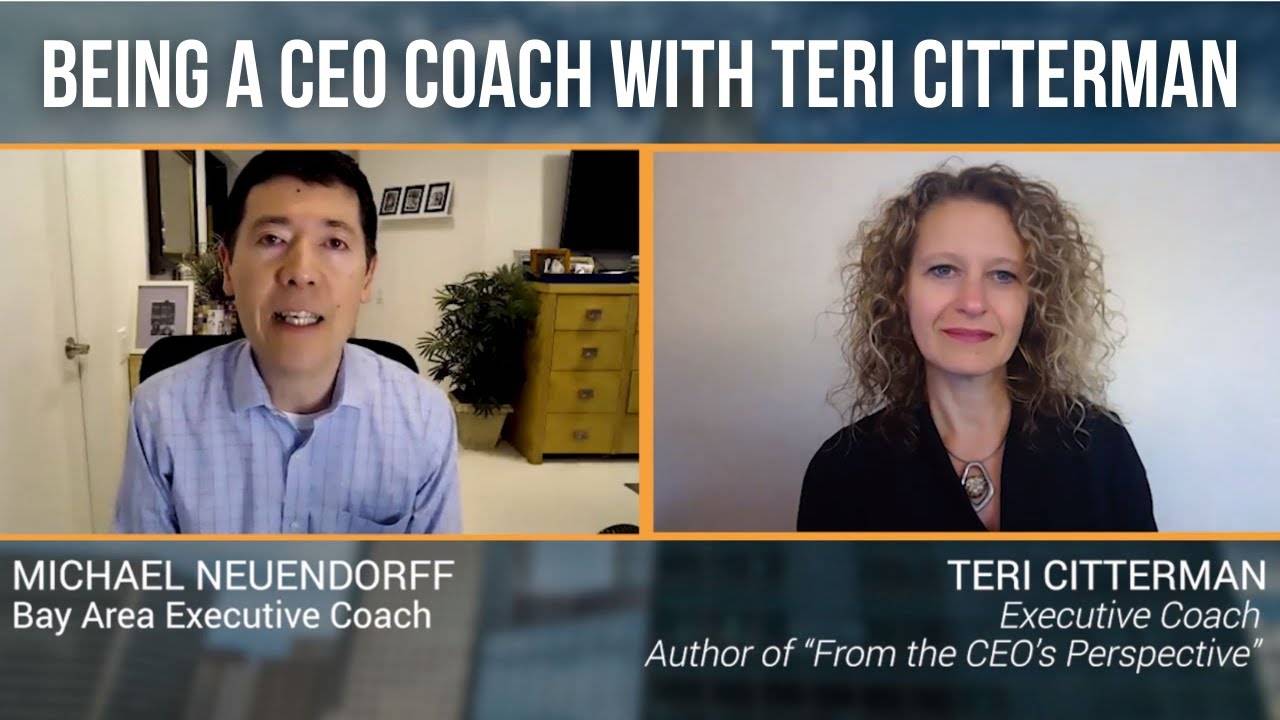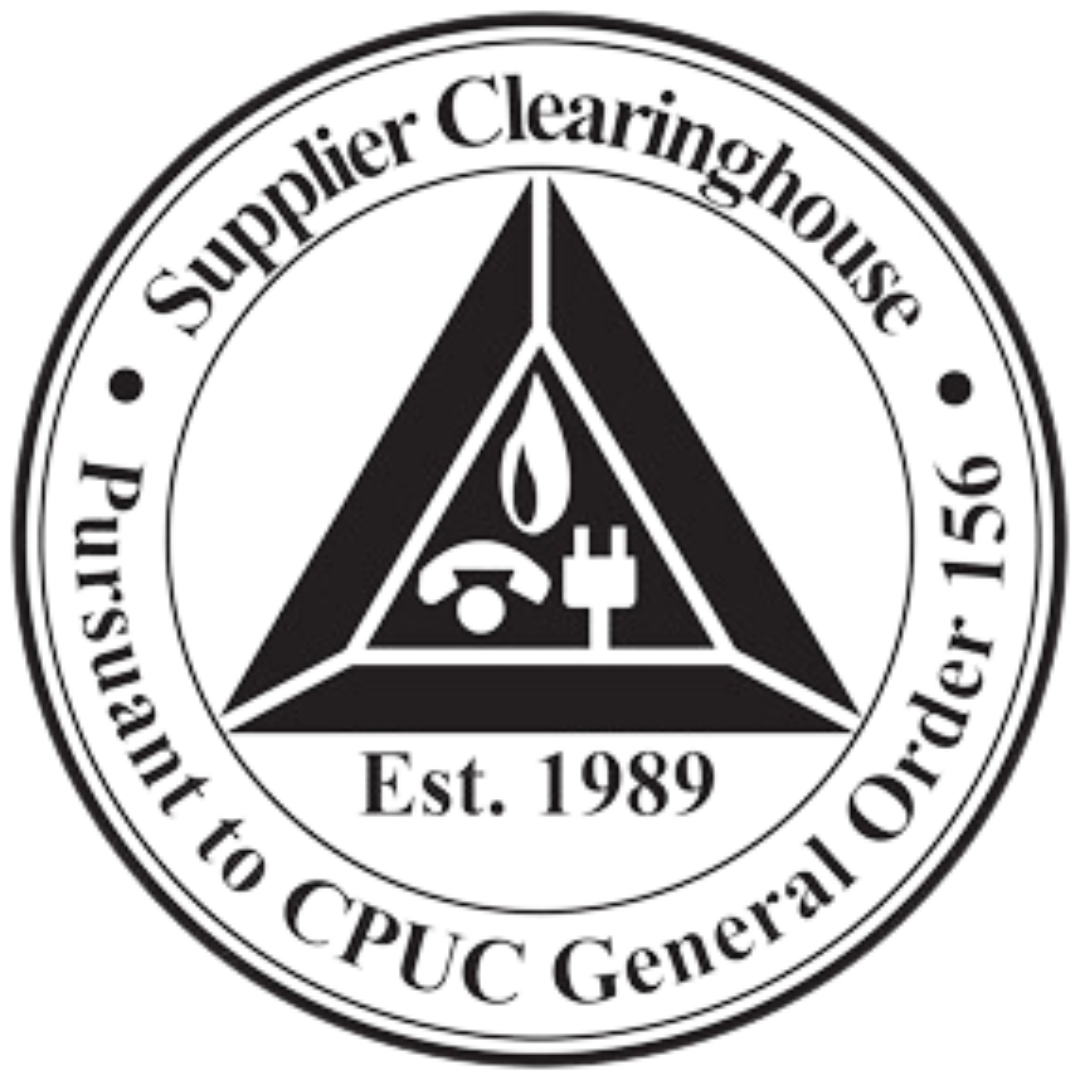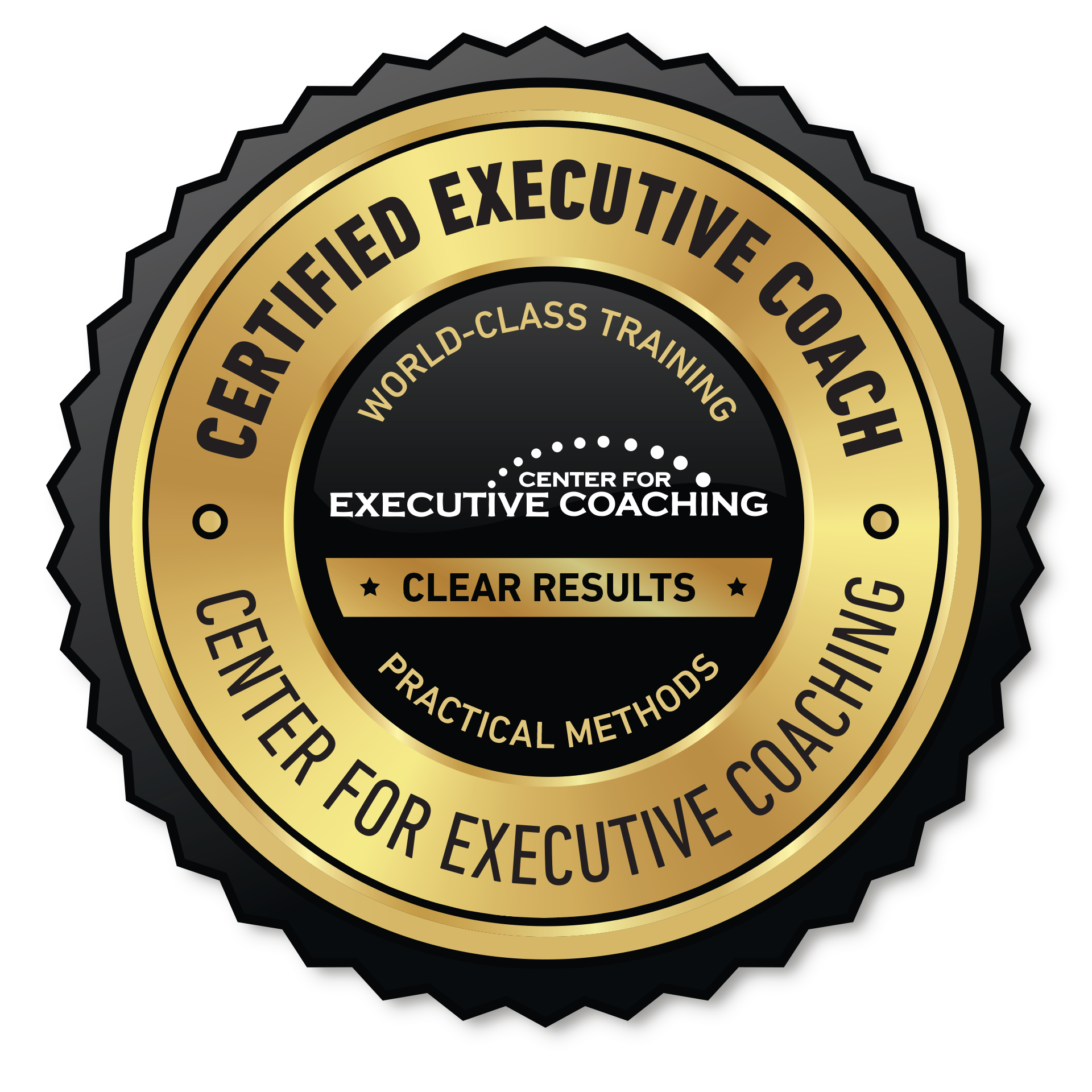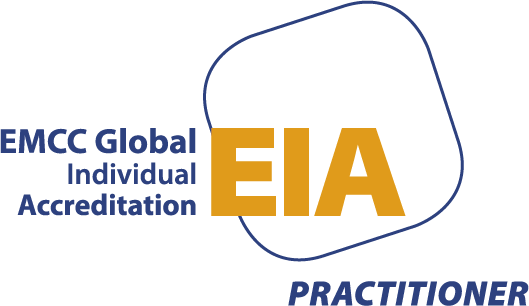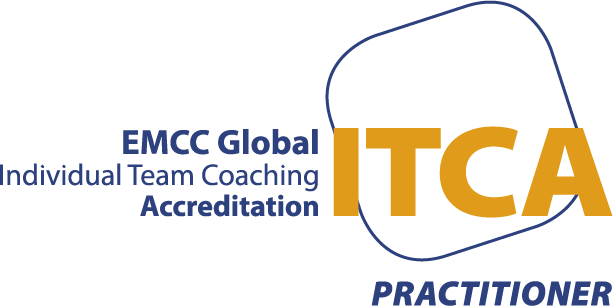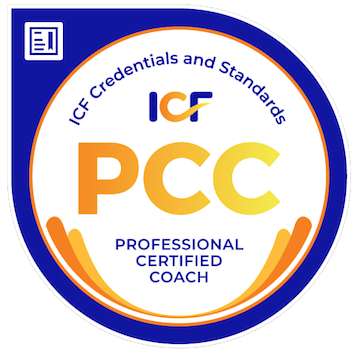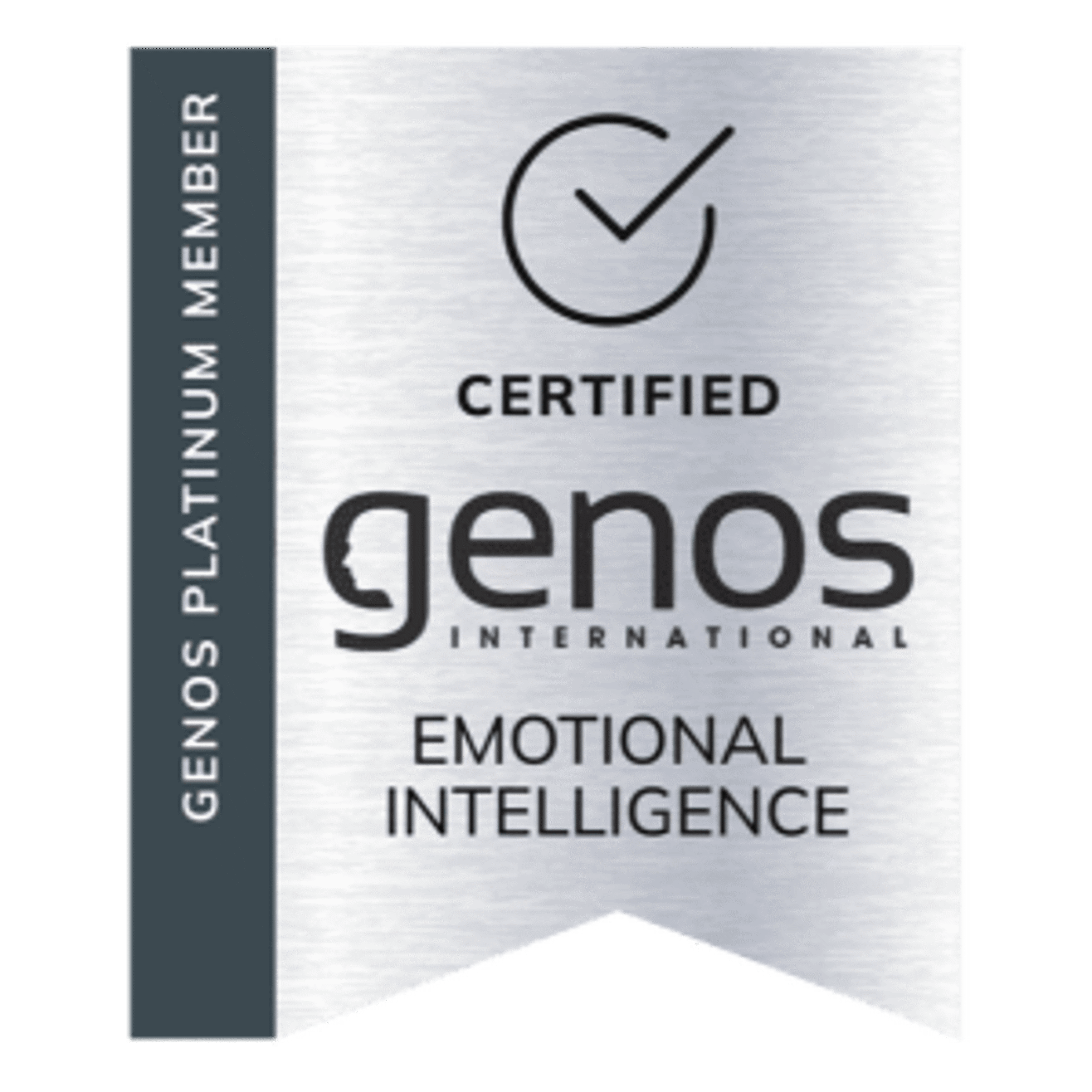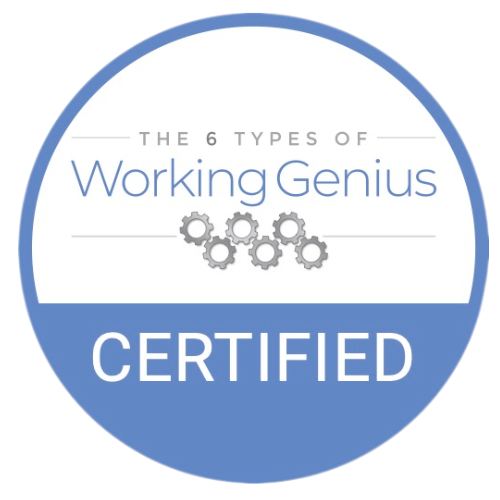Recently, our own future-thinking Michael Neuendorff sat down with Teri to discuss her approaches to executive coaching and why business leaders need coaching now more than ever. Read the full interview below or watch the video.
_____
Michael Neuendorff: I’ve been looking forward to this conversation, Teri, because I know you’ve been working in the executive coaching space for quite some time and you’ve done a lot of great things. I’d like to explore that in our interview today for the benefit of newer coaches in the field.
So, my first question: why did you decide to become a CEO executive coach?
Teri Citterman: Well, my path was kind of unique. My background was in corporate communications and I was in PR for 20 years, but I knew all along that I eventually wanted to shift out of PR. I was also ghostwriting books for CEOs and I found that the process of ghostwriting was very similar to coaching. I didn’t really know what coaching was. But then, as I was researching different organizations to get certified, I found the Center for Executive Coaching and I never looked back.
Michael Neuendorff: That’s interesting because so many of the coaches that come into the field struggle with the question of: should I establish a niche and how narrow should that niche be? Should it be focused on a specific type of role? Should it be focused on an industry? And you established a niche of coaching, primarily CEOs. How did you settle on that niche, which may be one of the most challenging to establish? 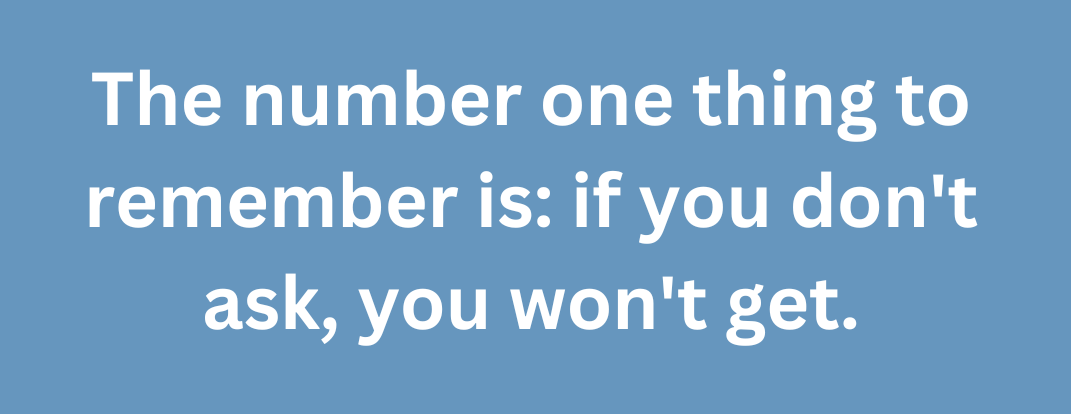
Teri Citterman: Well, the reason it was challenging for me was that it came with a little bit of my own inner critic. I think people shouldn’t know about their niche right away, you kind of have to dabble around a little bit to find out exactly what you want to do. But once you figure it out, focus on it, set your goals, and move forward.
Because once you have a niche, it’s easy to say no to all the other things that come your direction that don’t align with what you’re actually trying to do. So, I highly recommend establishing a niche eventually. With me, like I said, there was a little bit of inner critic happening because I was never a CEO. I thought: why would CEOs listen to me? I didn’t feel like I was on equal footing with them. But I was able to see CEOs eye to eye, and that’s one of my strengths. I ask the hard questions. I challenge people’s thinking. The most intriguing thing for me are the issues that CEOs deal with that no one else deals with. And that’s why I chose CEO coaching and that’s why it’s worked for me.
Michael Neuendorff: And were you comfortable right from the beginning or would you say it took six months, a year, or longer before you settled into that niche and felt really comfortable?
Teri Citterman: It took some time. My strategy was to write a book: From the CEO’s Perspective: Leadership in Their Own Words which established what I call “credibility by association.” That book really established my association with CEOs and it made it much easier for people to perceive me as a CEO coach. My overall strategy was to shift people away from thinking about me as a PR person and more to thinking of me as an executive coach.
Michael Neuendorff: I can absolutely see how writing that book helped you to make that transition, not only in your own mind, but more importantly, in the minds of the people you might coach or people who would refer you to CEOs. Can you go into more detail about how writing that book impacted your business?
Teri Citterman: As they say, perception is reality, so that’s a big piece of it. My book really became the platform for everything I do. It established my lane very quickly and very easily. Anything I did had to align with the CEO’s perspective, whether it was events, whether it was writing. Anything I was doing had to be in sync with that platform. The book really was a springboard for everything I do and everything I’ve done since publishing it.
Michael Neuendorff: So it was critically important towards establishing yourself in your current business. How did you get so many CEOs to participate in the project? I think you have as many as 20 different CEOs interviewed in the book.
Teri Citterman: Well, I just asked them and some of them said no. But I’m extremely tenacious and eventually I got them to say yes. One of the CEOs who initially said no was Brad Tilden, who’s now a good friend. He’s the retiring CEO of Alaska Airlines.
Michael Neuendorff: Some of these CEOs you had to pursue for awhile and ask multiple times?
Teri Citterman: Yes, tenacity is the name of the game in any business, but certainly when you’re writing a book or when you’re establishing a coaching business, that’s for sure.
Michael Neuendorff: I’ve done a lot of interviews with professional salespeople and it isn’t unlike selling. You’re selling the idea of participating in a book project and people are going to initially pull back from that thinking: “Oh, that sounds like a lot of work. I’m busy. That’s not one of my projects. That’s your project.” You have to sell them on the idea. And I see how that’s something that helped you to get this project done.
Teri Citterman: Well, and one thing that surprised me most is I didn’t actually have to sell it that hard. The number one thing to remember is: if you don’t ask, you won’t get. So if you just ask people, you’d be surprised at what they’re willing to do. I was surprised at how trusting they were of their content becoming my content. I was shocked, actually, that they really trusted me on that. The most important thing is you have to ask. Don’t shy away.
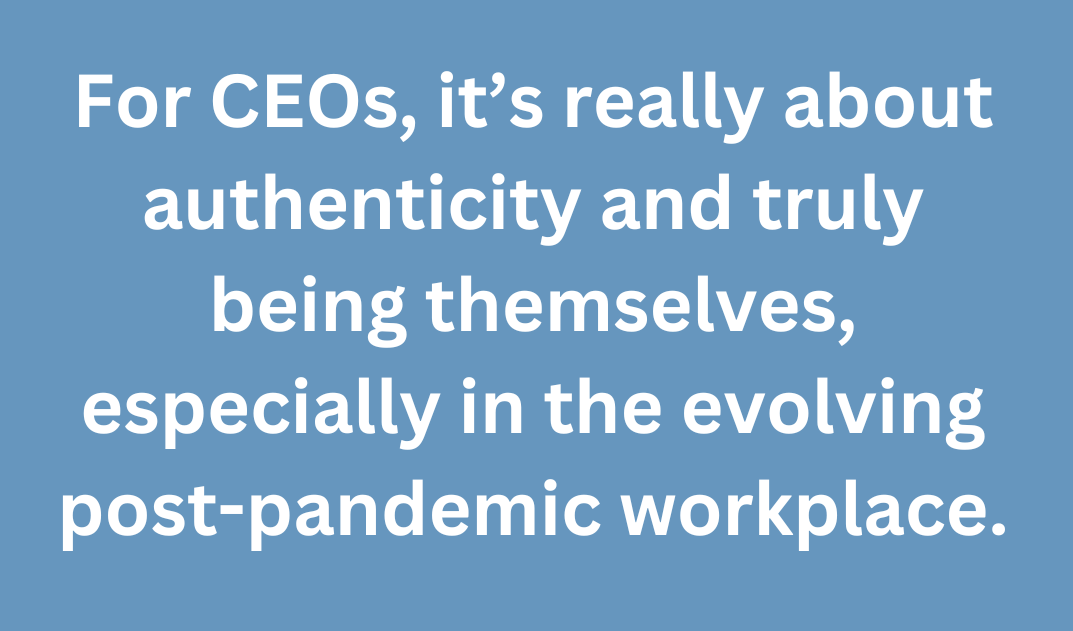 Michael Neuendorff: I totally get that because that’s how I’m able to get people to do these interviews. I mean, you didn’t come to me. I reached out to you. And now what’s happening is that people are seeing and reading these interviews and some are now approaching me and asking: “can you interview me?”
Michael Neuendorff: I totally get that because that’s how I’m able to get people to do these interviews. I mean, you didn’t come to me. I reached out to you. And now what’s happening is that people are seeing and reading these interviews and some are now approaching me and asking: “can you interview me?”
Teri Citterman: That’s cool. You’ve created that momentum. That’s what it’s all about.
Michael Neuendorff; Exactly. You’ve branched out and done more than just writing the book to establish yourself as a CEO coach. You also created The CEO Forum. Can you tell me about that and how that’s woven into your business?
Teri Citterman: It truly came out of the book. I felt like I was so privileged to ask these twenty CEOs any questions I wanted. And I felt like there’s so much to be shared, and there weren’t that many forums or opportunities to ask questions of CEOs live. This was back in 2013. Three of the CEOs that are in my book were my first three panelists.
So, we had three CEOs sitting on the panel talking about whatever leadership issues they thought we should talk about. That’s how it started and those events really reinforced my brand. I’ve had pretty much every CEO in the Seattle area on my panels, with the exception of Jeff Bezos and Bill Gates, and I continue to do so.
The events are clearly valuable because they always sell out. And what I found is that I really like moderating the panels. I really enjoy being able to ask the questions, being able to really probe people’s minds. So now I do it one on one on phone calls. That’s rewarding too.
Michael Neuendorff: Exactly. And what about the business angle? How has doing The CEO Forum helped your business?
Teri Citterman: From a business standpoint it’s all about credibility by association. Now I’ve been hired by many of those CEOs to coach their teams. That’s great because that creates a room full of people who extend my reach dramatically. So, events are really good for me. And it’s also a great way to establish partnerships. The World Trade Center was my first partner and now it’s the Washington Athletic Club. So, you’re reaching a whole new audience, and that’s the name of the game.
Michael Neuendorff: Many coaches think about being thought leaders and doing presentations, but you’ve actually taken a different angle on the idea and become a moderator and facilitator and let someone else be the star of the show. And that still positively affects your credibility.
Teri Citterman: I’m an introvert, so that’s how I do things. I’m more of an orchestrator versus the star on stage. I don’t love public speaking even though I bill myself as a public speaker. I just like to create my own platforms that feature other people. That’s my overriding strategy.
Michael Neuendorff: That’s an excellent lesson really. I hope people will consider the fact that there’s more than one way to skin a cat, so to speak. I know that you’re branching out into yet another medium of reaching out to an audience. You’ve created your first online course. Could you tell me about that?
Teri Citterman: Yes. I wrote a training course called “Executive Presence for Introverts.” And the reason I wrote it was I live in Seattle and while not all my clients are here, many who are here are related to technology. And they’re all self-described introverts. They’ve very successfully evolved their careers but they’re lacking some of the people skills they really need.
“Executive Presence for Introverts” is a comprehensive signature course, five modules, that attacks all the challenges around this topic by helping introverted leaders understand their strengths, to build their confidence and to have greater impact as leaders. If you look at the leadership of companies like Google and Apple, you’re now seeing a lot more introverts on stage.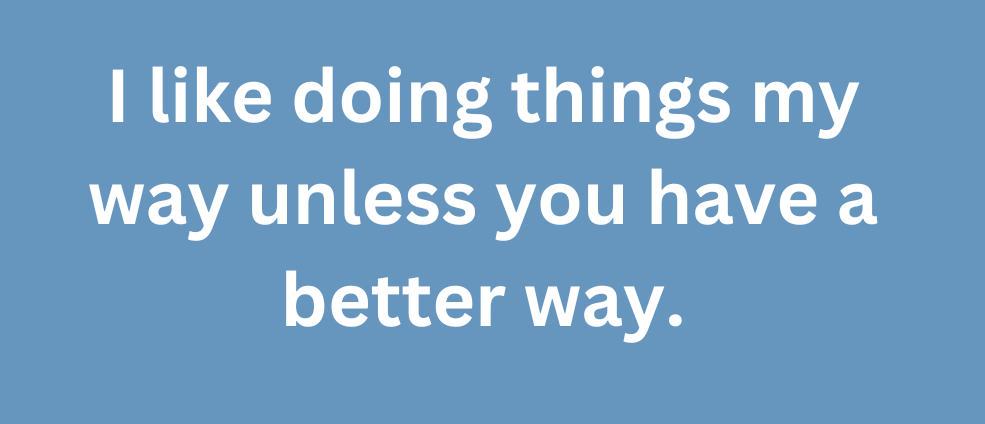
Michael Neuendorff: And that seems like a fairly unique product that helps you with establishing a niche for yourself. You offer a niche course that’s targeted to a very specific audience, and that’s going to make it easier for people to immediately identify with it or understand that this applies to people they know and refer it to them. And I’m sure, as with everything else you’ve done, that that’s part of your strategy.
Teri Citterman: It’s always about the strategy.
Michael Neuendorff: I’m looking forward to learning more about that course and sharing it with people in my network. So, thank you for that. The job of being a CEO got tougher during the pandemic. What traits do you think CEOs need to embody now to lead their companies as we begin to emerge from the COVID pandemic?
Teri Citterman: One of the big things that I’m talking about now is flexible leadership. We’ve been through a time when most workplaces were completely remote and virtual. And now, as we enter into the next phase, companies are looking for flexible leadership from their CEOs; the ability to realize and really shift away from the old mindset of “I’ve got to see you working to believe that you’re working.” CEOs are really going to have to find their flexibility. They’ll have to be able to flex right and flex left and really see things differently than they have before.
The other piece of it is communication. CEOs have got to bring genuine personality to their message delivery, because for everybody who’s gone through this pandemic and continues to go through it, and it’s just been monumental. It’s changed the way we all think. There was no playbook, and there still isn’t. For CEOs, it’s really about authenticity and truly being themselves, especially in the evolving post-pandemic workplace.
Michael Neuendorff: So being flexible, being adaptive, being more personal, and understanding that everybody has gone through something traumatic, these are themes that you hope leaders are recognizing and embracing.
And you also bring up an important point of being able to get over the fact that even though you can’t see your workers, they can still be working. I know for some leaders that’s very challenging because they love to walk through the office and see everybody and feel the buzz and the energy in the air of a busy office. And that’s just not what we’re going to see anytime soon. CEOs and the rest of us have to accept that.
Teri Citterman: And I think it’s a really important piece is that it has less to do with your employees and more to do with your own awareness. And I’m talking about CEOs’ awareness of why they don’t trust their own workforce. That’s something we really have to explore. I look at it as integrity, and the simplest way to express it to your team is just by caring more.
Michael Neuendorff: And that says a lot right there: care more. Now, at your company, Teri, called Talonn, you have a team of coaches and facilitators. How important is it to have a team when engaging with large companies?
Teri Citterman: It’s important because you have to be able to scale. It’s great to have a team of like-minded people who didn’t go through the Center for Executive Coaching, although I will say it’s easier to work with people who have because we learned the same methodologies. But having a team helps you push yourself out of your own comfort zone. They think differently than I do, and I like that.
I like it when people are honest and forthright. I like doing things my way unless you have a better way. And it’s good to be challenged. You can’t scale by yourself. You just simply can’t do it. So, having a team is important. We pull each other in on different projects. I pull other people in on different projects. So, you have to have, at the very least, kind of a cadre of people that you can resource.
Michael Neuendorff: When did you realize that you wanted to build a team around you?
Teri Citterman Well, I should clarify. I haven’t really built a team. My plan was to surround myself with a cadre of like thinkers. So, I launched a program called “Leadership Lab 19.” It was for junior-level executives on a trajectory to the C Suite. And I couldn’t do that alone.
So, this was an in-person sort of cohort group and it was really cool because I got to learn a lot about myself, but also about how other people, like both my coaches, became great facilitators. And I found that although I don’t really love facilitating, I could leverage their skills in doing that. And as you move along you learn what you’re good at and what you’re not good at, and then you find those who excel and what you’re not good at to complement your skills.
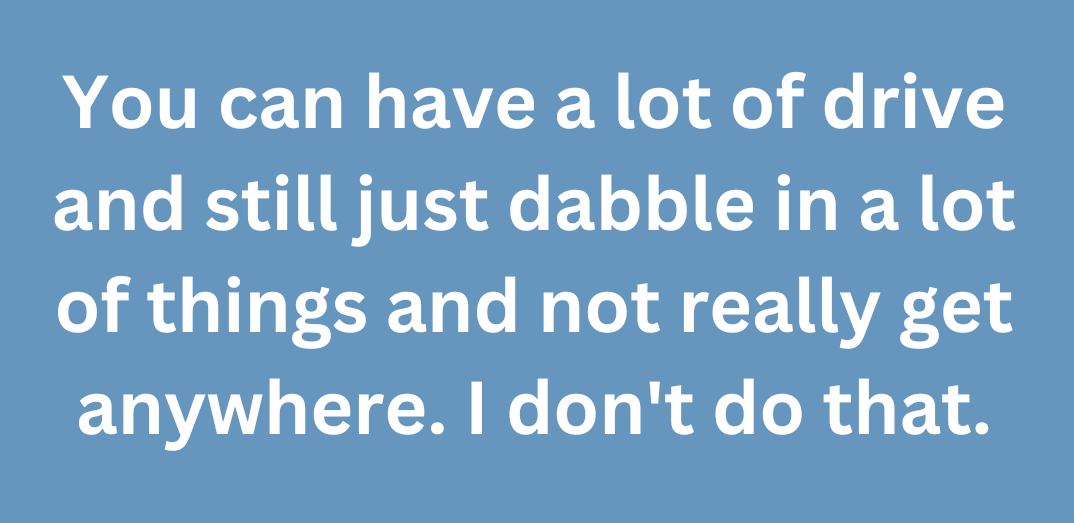 Michael Neuendorff: And there’s a lesson there that we’ve heard through some of the other questions. You know what your strengths are and you push on those and leverage them. You work with others to delegate work or simply trust them to do the work that you’re not as good at that they’re great at. And then you have a balanced offering that can reach more people. You seem to be very inventive and creative, Teri. Where does that come from?
Michael Neuendorff: And there’s a lesson there that we’ve heard through some of the other questions. You know what your strengths are and you push on those and leverage them. You work with others to delegate work or simply trust them to do the work that you’re not as good at that they’re great at. And then you have a balanced offering that can reach more people. You seem to be very inventive and creative, Teri. Where does that come from?
Teri Citterman: I think part of it has to do with the fact that I’m not someone who waits to be asked. I decide that I want something and I make it happen, whether that has to do with working with clients and coaches, or writing a book. I just have a lot of drive and the most important piece of that drive is focus. You can have a lot of drive and still just dabble in a lot of things and not really get anywhere. I don’t do that. I’m very clear on what I do and what I don’t do.
Michael Neuendorff: I’ve certainly heard that about you. My final question is: what advice do you have for coaches who are just starting their practices now?
Teri Citterman: I think there are three things that are most important. Number one: we’ve talked about establishing your niche, and you have to experiment a little bit before you can do that. But as soon as you can, do it. Number two: don’t let anyone else influence your thinking. Be careful who you ask questions to. One of the big keys or strengths that I have is I care very little what other people think. And if I could bottle that and give it to people, I would, because being influenced by other people just isn’t going to get you where you want to go. Number three is: stay on equal footing. Learn to do whatever you need to do to have the confidence to be in the moment on equal footing. Challenge people’s thinking, ask the right questions, and don’t back down.
Michael Neuendorff: I especially like what you said about being able to coach CEOs even though you were never a CEO yourself. I can relate to that because when I worked in the corporate world I rose no higher than a director’s level. Yet now I coach people from middle management all the way up to the C level. I found that it’s all about not worrying about your own experience level but focusing on the needs of the client. It’s all about the client.
Teri Citterman: Yes, and the thing that I hang my hat on is I’m really good at listening to what’s not being said. I’m really good at reading the room and seeing the nuances. And that’s my personal platform to stay on equal footing. I know those are “superpowers” that I have, and other people have to find their own powers and then hang their hats on that.
Michael Neuendorff: Teri, this has been really terrific. I really enjoyed this.
Teri Citterman: Thank you for having me on Michael. I loved it!
_____
Here are some resources on executive coaching:
Articles
- How Executive Coaching Services Can Help Your Company
- From Manager to Leader: Executive Coaching for Leadership Development
- Empowering Your Leadership Through Executive Coaching Services
- The Benefits of Executive Coaching in the C-Suite
- Maximizing Executive Potential: A Guide to Executive Coaching
YouTube Videos
- What is Executive Coaching?
- Why Executive Coaching is So Powerful!
- Will AI Threaten the Coaching Profession?
YouTube Video Playlists
- Executive Coaching Training Series by Michael Neuendorff
- Executive Coaching Quick Tips
- Assessments for Executive Coaching – Overview of Assessments
- Executive Coaches Interview Series
Case Study
